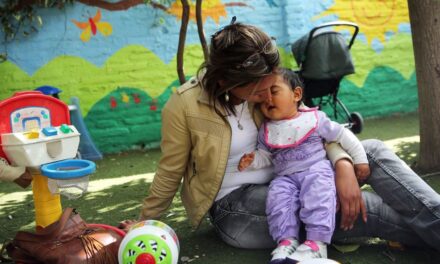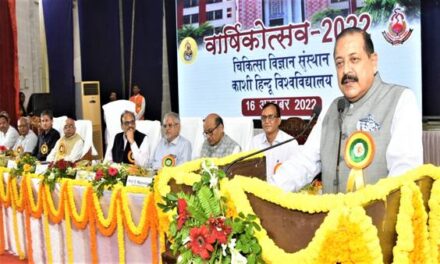As per the Global Burden of Disease study, published in Lancet public health, the cases of dementia in India were estimated to be 38,43,118 in the year 2019. The number of cases of dementia in India is not maintained centrally.
The risk for Dementia can be potentially reduced by better management of Diabetes and Hypertension. The government of India is implementing the National Programme for Prevention and Control of Cancer, Diabetes, Cardiovascular Diseases and Stroke (NPCDCS) with a focus on strengthening infrastructure, human resource development, screening, early detection and management of common Non-Communicable Diseases (NCDs) including diabetes and hypertension. Screening for common NCDs is also an integral part of service delivery under Ayushman Bharat – Health and Wellness Centres. The government is also implementing the National Programme for Health Care of the Elderly (NPHCE). The major activities of NPHCE include setting up of Geriatric Department in regional Geriatric Centres (RGC) with OPD care services and 30 bedded Geriatric Ward, setting up of Geriatric units at District Hospitals to provide specialized Geriatric Services including a 10 bedded Geriatric Ward, establishment of a rehabilitation unit at all Community Health Centres and Geriatric Clinics twice a week, setting up of weekly Geriatric Clinic by trained Medical Officers at Primary Health Centres and information, education and communication activities on healthy lifestyle, home care to the bedridden and supporting devices for the needy elderly persons at sub-centre level.
Further, to address the burden of mental disorders, the Government is supporting the implementation of the District Mental Health Programme (DMHP) under NMHP in 704 districts of the country for detection, management and treatment of mental disorders/ illness. Under the Tertiary care component of the National Mental Health Programme, 25 Centres of Excellence and 47 PG Departments have been sanctioned to increase the intake of students in PG departments in mental health specialities as well as to provide tertiary level treatment facilities. The Central and State Mental Health Institutions and the Psychiatric Wings of the Central and State medical colleges also have facilities for early detection and treatment for Alzheimer’s Disease, which is the most common cause of Dementia.
The major steps taken by the Government to curb the use of tobacco in the country are as under:
- The Ministry of Health & Family Welfare has enacted comprehensive legislation, namely the Cigarettes and Other Tobacco Products (Prohibition of Advertisement and Regulation of Trade and Commerce, Production, Supply and Distribution) Act, 2003 (COTPA 2003) to discourage the consumption of tobacco products in order to protect the masses from the health hazards attributable to tobacco use. The provisions under COTPA, 2003 and the Rules made thereunder mandate prohibition of smoking in public places; ban on sale of tobacco products to and by minors and within 100 yards of educational institutions; prohibition on direct and indirect advertising of tobacco products and mandatory display of specified health warnings.
- The National Tobacco Control Programme (NTCP) was launched by this Ministry in 2007- 08 with the aim to (i) create awareness about the harmful effects of tobacco consumption, (ii) reduce the production and supply of tobacco products, (iii) ensure effective implementation of the provisions under COTPA, 2003 (iv) help people quit tobacco use, and (v) facilitate implementation of strategies for prevention and control of tobacco advocated by WHO Framework Convention of Tobacco Control. Enforcement efforts are also monitored by the State Tobacco Control Cells (STCCs) and District Tobacco Control Cells (DTCCs).
- Specified health warnings are displayed on all tobacco products packs covering 85% of the principal display area of tobacco product packs.
- Revised guidelines for Tobacco-Free Educational Institutions (ToFEI) to implement Section-6 of COTPA, 2003 have been disseminated/implemented.
The Union Minister of State for Health and Family Welfare, Dr. Bharati Pravin Pawar stated this in a written reply in the Rajya Sabha today.












